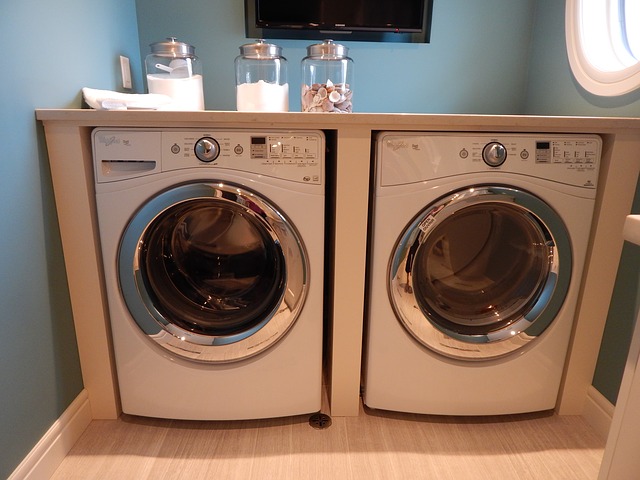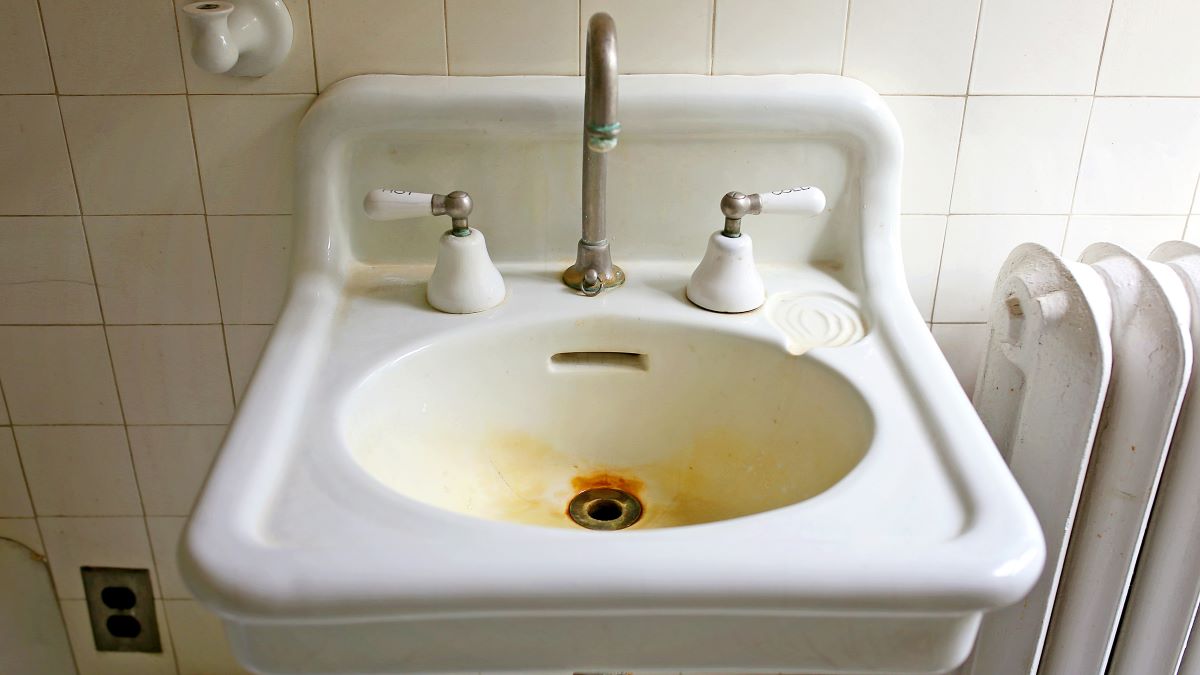When you’re trying to live a greener life, buying more efficient home appliances may seem like an obvious choice. But not so fast. The financial and environmental gains of upgrading home appliances don’t always pay for themselves.
You might want to question whether you actually need an appliance in the first place. And while it’s true that newer appliances can be more efficient than older ones, don’t forget that a lot of energy and materials go into the manufacture of a new appliance. Many old appliances don’t get recycled, which creates a waste problem and further reduces any efficiency gains.
So when should you upgrade to a more efficient appliance? The answer is not always simple, but here are some considerations to help you decide.

Do You Need It?
Even the greenest appliances still use electricity, and many use water as well. Consider carefully whether you truly need a deep freeze or second refrigerator in the garage.
Whole-house air conditioning should always be a last resort; strategic shading and insulation, opening windows and using fans, and window units are all greener options. Depending on your circumstances, you might even be able to do without a washer and dryer or get by with a foot-powered washing machine.
But you don’t need to become a Luddite in the quest to eco-consciousness. Modern, energy-efficient dishwashers, and even some clothes washers, use less water and electricity than handwashing.
Should You Replace It?
As a general rule of thumb, it is more environmentally responsible to continue using things for as long as possible before replacing them. This ensures that over the long run, fewer resources are consumed manufacturing new items, and less waste is generated (since few products are ever 100% recyclable).
So as long as your appliances are functioning well, or if they are still under warranty or only require small repairs, your money might be better spent on other efficiency measures.
There may be times when it makes sense to replace a functional appliance. Clothes washers made before 1999 are significantly less efficient, and if you have a top-load washer from any year, switching to a front-load machine could use 50 percent less water and 37 percent less energy. There is a savings calculator for Energy Star refrigerators. And for most appliances, the EPA website suggests replacement after 10 years (one exception could be your clothes dryer, as these have not changed significantly in the last decade).
Replacing the Right Way
When it’s really time to replace an appliance that you can’t live without, make sure fixing one problem doesn’t make another one worse. Don’t add your old appliances to a landfill, either by your own decision or a failure to recycle by the delivery firm or contractor who installs it. Ask retailers if they participate in an appliance take-back program. If they do, ask whether the appliances they take back are recycled. The EPA’s voluntary Responsible Appliance Disposal (RAD) program promotes environmentally responsible disposal of refrigerated household appliances to reduce emissions of ozone-depleting greenhouse gases.
A bigger-is-better consumer culture ensures that there are plenty of bell-and-whistle-loaded energy hogs on the appliance market, so shop carefully. At a minimum, any new appliance you buy should be Energy Star rated.
Even within the Energy Star system, appliance efficiency can vary quite a bit. We’ve identified the most efficient options for dishwashers, routers, and toilets. For other appliances, look for the Energy Star Most Efficient label, which recognizes products that deliver cutting-edge energy efficiency. Make your purchase more economically efficient with municipal appliance rebates.
Most energy and water information about new appliances compares the product to an average unit, which will overstate the benefit for people who already buy green. So when you buy your new highly efficient appliance, keep a record of its efficiency rating in your files. Then, 10 years from now when you’re trying to decide whether to upgrade, you will know exactly how much of an improvement you can expect.
The post Home “Eco”nomics — Should You Buy New Appliances? appeared first on Earth 911.








